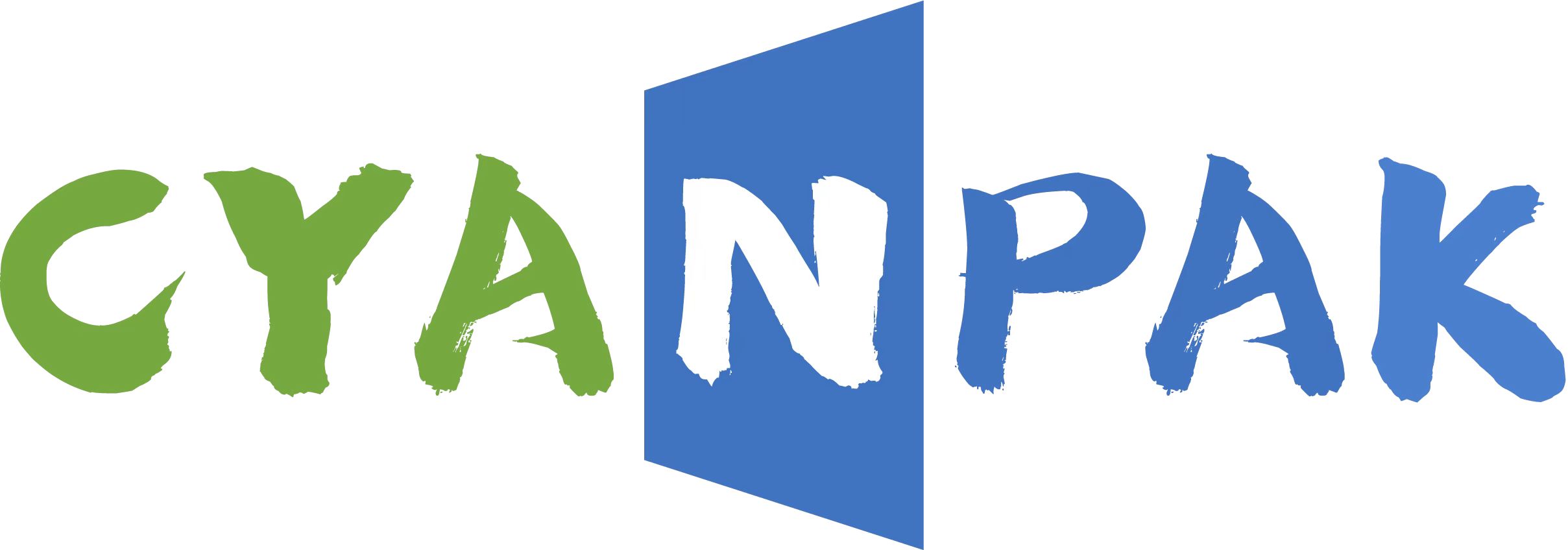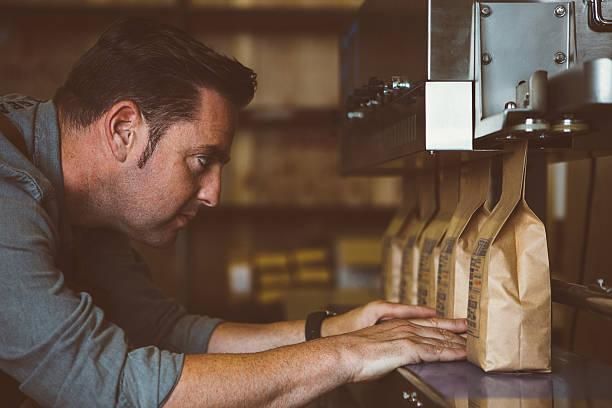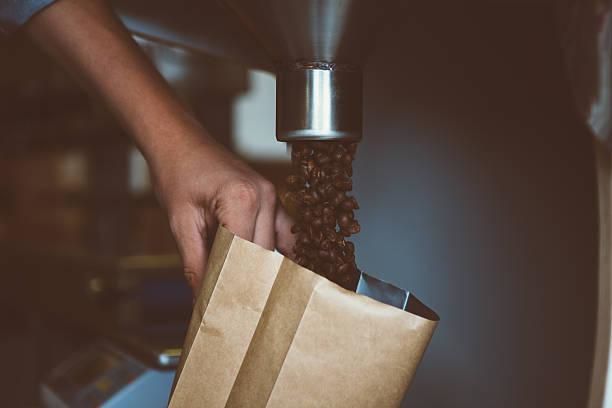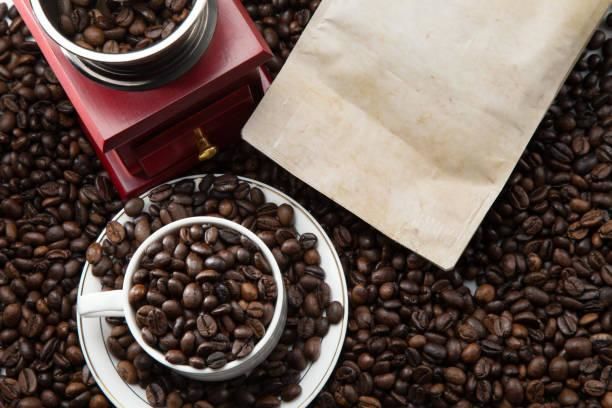Without fertile soil and a suitable climate, society has frequently relied on technology to assist in making land habitable.
In modern times, one of the most significant examples is the United Arab Emirates (UAE). Despite the impossibility of a thriving metropolis in the middle of the desert, UAE residents have managed to flourish.
The UAE and its neighboring countries, home to 10.8 million people, are prominent on the global scene. From major exhibitions and sporting events to Mars missions and Space Tourism, these deserts have been transformed into an oasis during the previous 50 years.
Specialty coffee is one industry that has made itself at home. The UAE coffee scene has undergone tremendous expansion, with an average of 6 million cups consumed daily, despite the fact that it is already an established part of the local culture.
Notably, the anticipated annual coffee consumption is 3.5kg per person, equating to around $630 million spent on coffee each year: a need that has been met emphatically.
As demand rises, consideration must be given to what may be done to meet the essential element of sustainability.
As a result, a number of UAE roasters have invested in biodegradable coffee bags to reduce the environmental impact of their packaging.
Taking coffee’s carbon footprint into account
While the UAE’s architects deserve praise, overcoming environmental constraints has come at a cost.
The carbon footprint of UAE inhabitants is currently among the largest in the world. The average carbon dioxide (CO2) emissions per capita are approximately 4.79 tons, whereas reports estimate that UAE citizens emit approximately 23.37 tons.
It is important to remember that numerous factors influence this report, including geography, climate, and the simple matter of choice.
For example, the region’s scarcity of fresh water demands water desalination, and it would be impossible to operate without air conditioning during the summer heat.
Residents can, however, do more to lessen their carbon footprint. Food waste and recycling are two areas where the UAE ranks exceptionally high in terms of CO2 emissions.
According to reports, current numbers for food waste in the UAE average roughly 2.7 kg per person per day. However, for a country that imports the majority of its fresh goods, this is an understandable issue.
While estimates indicate that the majority of this waste is generated at home, local chefs are banding together to raise awareness about the issues. Chef Carlos De Garza’s restaurant, Teible, for example, reduces waste by integrating farm-to-table themes, seasonality, and sustainability.
The Waste Lab, for example, collects old coffee grounds and other food waste to generate nutritious compost. This is then used to boost local agricultural by enriching the soil.
Furthermore, a recent government program intends to reduce food waste by half by 2030.
Is recyclable packaging the solution?
The UAE government has established recycling facilities in each Emirate, as well as easy drop-off zones around the cities.
However, fewer than 20% of trash is recycled, something local coffee roasters should be aware of. With the rapid expansion of cafes comes a corresponding increase in the availability of roasted and packaged coffee.
Because the local recycling culture is still in its early stages, local companies should do everything they can to raise awareness and minimize any negative impact. Coffee roasters, for example, will need to evaluate their packaging’s whole life cycle.
In essence, sustainable packaging materials should accomplish three major goals. First and foremost, the packaging must not leach any dangerous substances into the environment.
Second, the packaging should promote recyclability and usage of recycled content, and third, it should lower the packaging’s carbon footprint.
Because the majority of packaging rarely achieves all three, it is up to the roaster to select the option that is most suited to their situation.
Because coffee packaging is unlikely to be recycled in the UAE, roasters should instead invest in bags manufactured from sustainable materials. This method reduces the requirement for additional virgin fossil fuels to be extracted from the earth.
Coffee packaging must serve various functions in order to serve its purpose. It must first produce a barrier against light, moisture, and oxygen.
Second, the material must be sturdy enough to withstand punctures or tears during transportation.
Third, the package must be heat sealable, stiff enough to stand on a display shelf, and visually appealing.
Although adding biodegradability to the list narrows the alternatives, advances in bioplastics have provided a cost-effective and simple answer.
The term ‘bioplastic’ refers to a wide range of materials. It can refer to materials that are biodegradable and are made out of natural and non-fossil components, such as polylactic acid (PLA).
Unlike traditional polymers, PLA is created from non-toxic, renewable ingredients such as sugarcane or corn. Starch or sugar, protein, and fiber are extracted from the plants. They are then fermented to form lactic acid, which is then converted to polylactic acid.
Where biodegradable coffee packaging comes in
While the UAE has yet to establish its “green credentials,” several coffee companies are setting the bar for sustainability, it is crucial to emphasize.
For instance, a number of coffee producers of coffee capsules have made a commitment to utilize biodegradable materials. These include well-known businesses in the neighborhood as Tres Maria’s, Base Brews, and Archers Coffee.
Everybody is contributing to the advancement of the sustainability agenda in this young and dynamic economy. Base Brews’ founder, Hayley Watson, explains that switching to biodegradable packaging felt natural.
I had to choose which capsule material we would launch with when I started Base Brews, explains Hayley. “I’m from Australia, where we put a lot of emphasis on sustainability and making thoughtful decisions about our coffee purchases.”
In the end, the company decided to go the environmental route and select the biodegradable capsule.
“At first, it seemed that the regional market was far more familiar with aluminum capsules,” says Hayley. The biodegradable capsule format has gradually begun to gain acceptance on the market.
As a result, more companies and customers are being inspired to take action for a more sustainable future.
Switching to renewable energy sources reduces reliance on fossil fuels and helps coffee shops to cut carbon emissions even in locations where recycling infrastructure or practices are unreliable.
Cyan Pak provides biodegradable PLA packaging in a variety of bag shapes and sizes to customers.
It is sturdy, inexpensive, pliable, and compostable, making it an excellent alternative for roasters and coffee shops wishing to convey their environmental commitment.
Post time: Jul-19-2023




